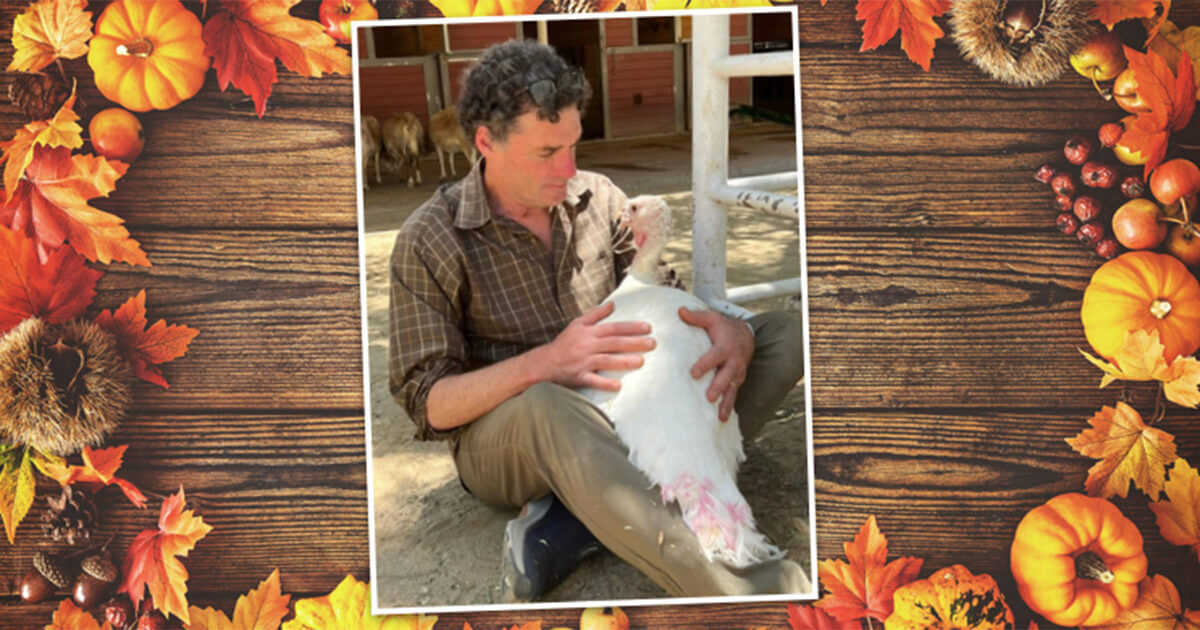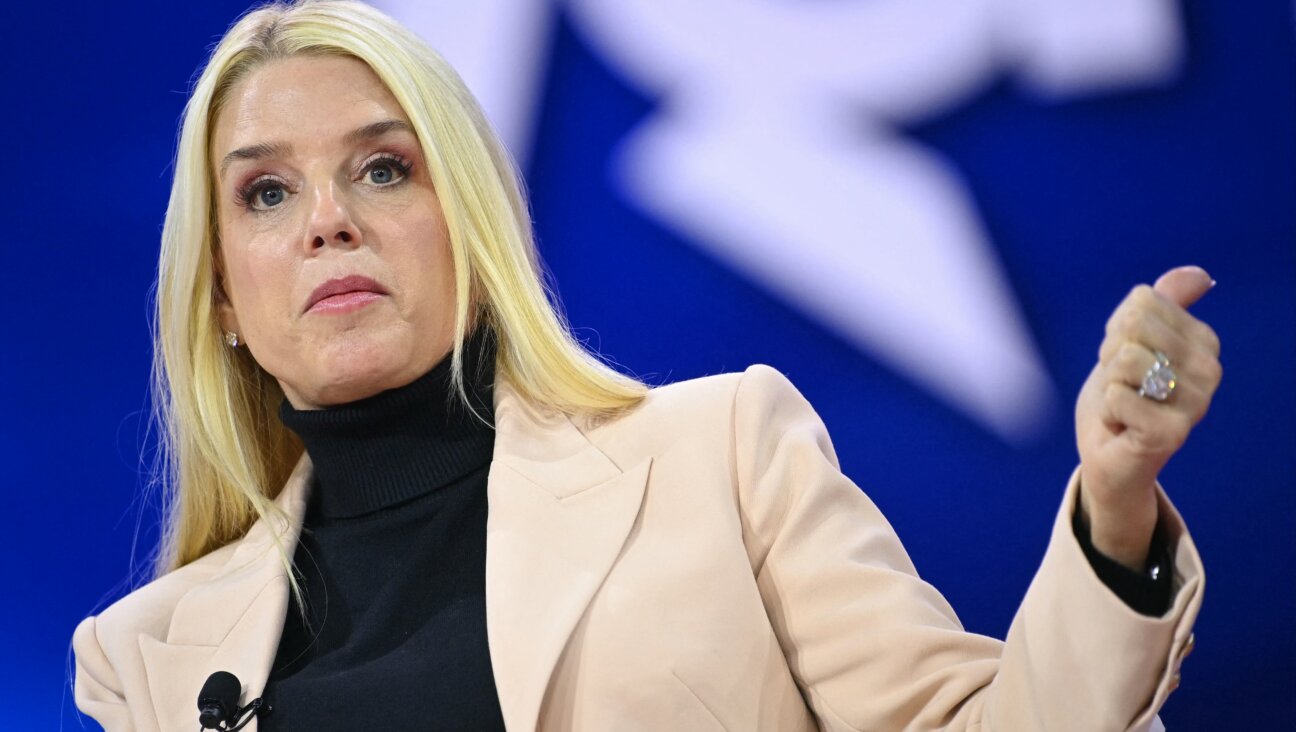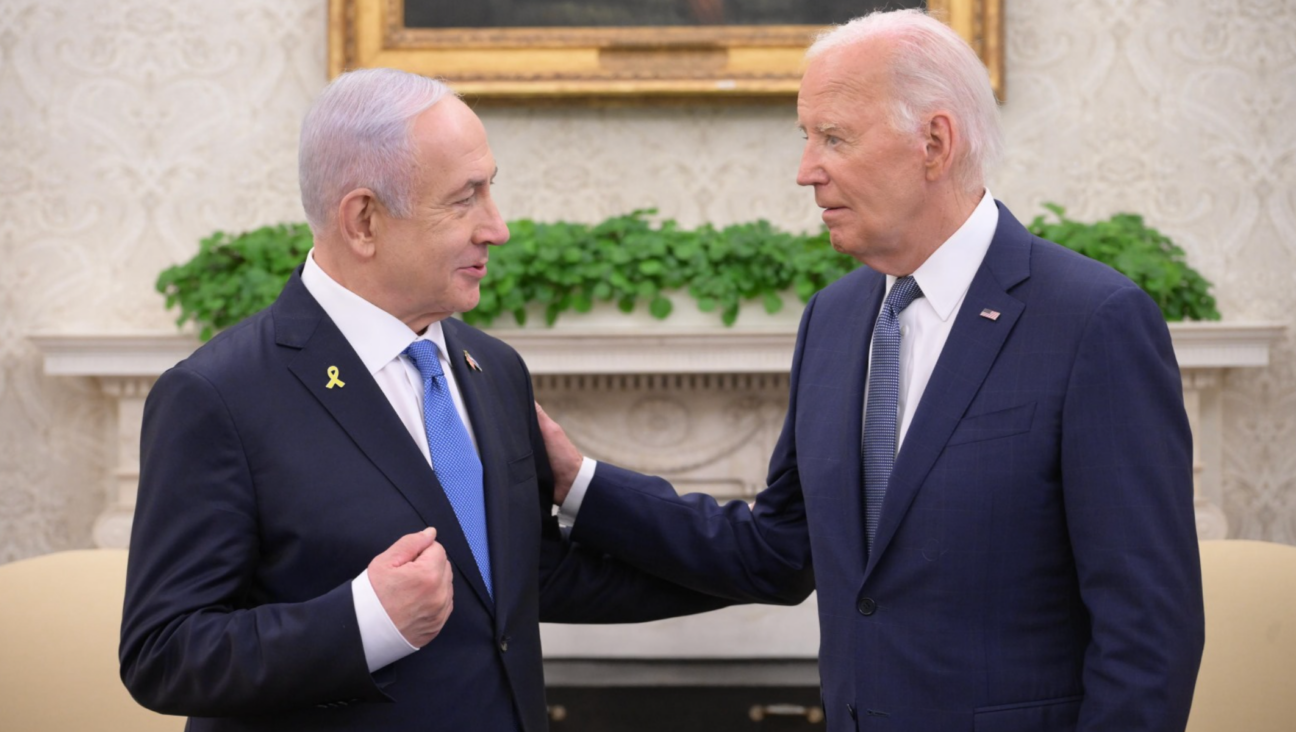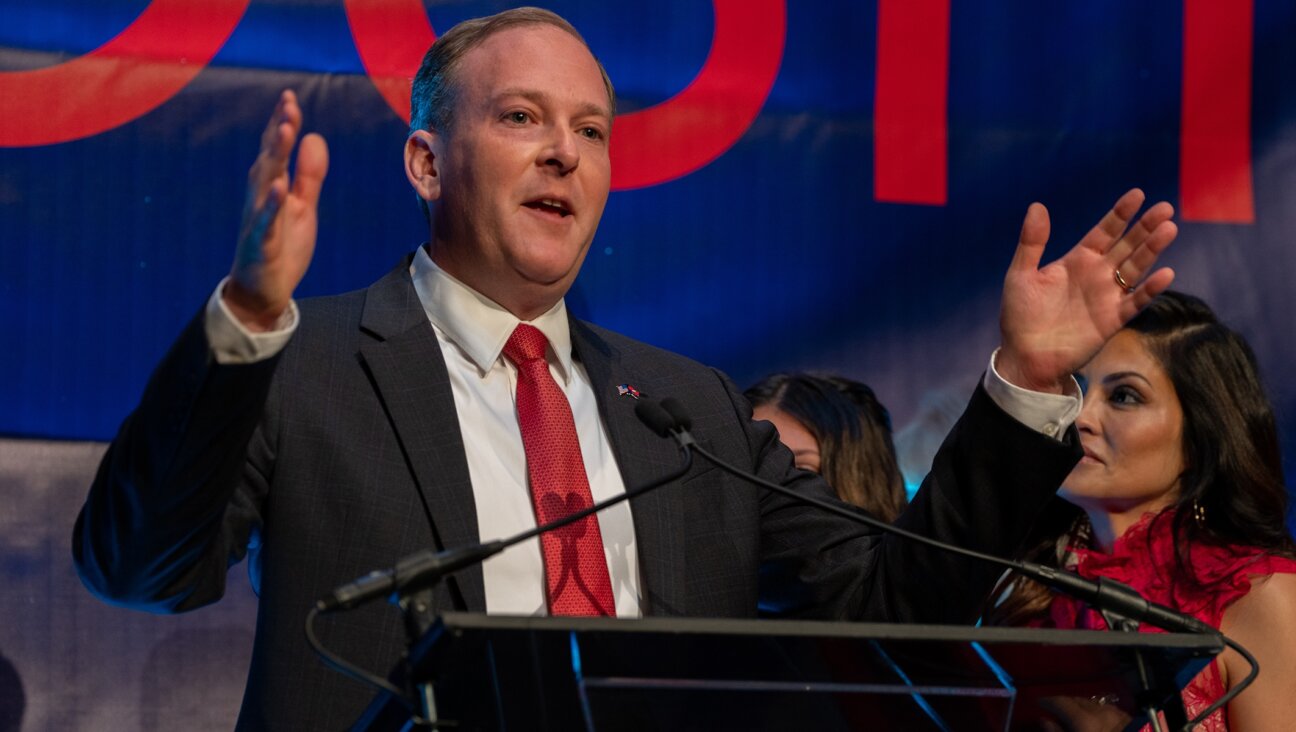Who Is a Convert?
The biblical Ruth is lucky she isn’t converting to Judaism in 2009. If she ever wants to live in Israel, that is.
Her moving, lyrical story of devotion to her mother-in-law and embrace of Jewish values has long stood as a potent symbol of the loving outsider who wishes to come in, and is lauded for doing so. She is the epitome of the ger tzedek, the righteous convert, so important to how we see ourselves as a welcoming community that her story is read year after year on Shavuot.
And today? If she were converted in the United States, Europe or anywhere outside Israel and then decided to make aliyah, she would have to prove that she lived in the same Jewish community for 18 months (nine months before the conversion, nine months after), studied with an approved rabbi for at least 350 hours and could produce a copy of the curriculum. Our contemporary Ruth also had better hope that she has no non-Jewish relatives living in Israel, because that would prompt an immediate veto of her application.
Those are the new protocols offered by the Interior Ministry in the latest chapter of the ugly, ongoing attempt by the ultra-Orthodox establishment in Israel to control who becomes a Jew, and how. An Interior Ministry official told a Knesset committee on July 20 that the new criteria have not yet been approved, leaving a small window of opportunity for Diaspora Jews everywhere to make their feelings known. And they should.
Every major denomination in America disapproves of these proposed standards, even the Orthodox. “We do not think a set number of hours of study — or months or years — before emigrating to Israel is appropriate,” said Rabbi Basil Herring, executive vice president of the Rabbinical Council of America, representing Orthodox rabbis. The new rules “are imposing a terrible burden on genuine converts, who won’t have an 18-month residency in their pockets,” he told the Forward.
Herring declined to call for widespread protest, uncomfortable with dictating to the Israeli government. We respectfully disagree. By codifying this stringent code of conversion without any debate or compromise, the Israeli government is effectively dictating to Diaspora Jewry, usurping the authority of rabbis and communities to determine when a person is ready to become a Jew.
These new protocols also defy the spirit of several recent rulings by the Israeli Supreme Court that aimed to welcome converts, not turn them away. The court had already ordered that a previous residency requirement — that one, for a year — be eliminated, and in May told the government to fund non-Orthodox institutions training potential converts just as it supports Orthodox conversions. Even if the conversion authorities in Israel don’t want to listen to Diaspora Jews, they ought to obey their own law.
But they should listen to Diaspora Jews, especially today. Especially when Israel is vulnerable on so many fronts, and when the distance between American and Israeli Jews — politically, religiously, culturally, attitudinally — is widening to a dangerous degree. This is the time for Israel to act as the state of all Jews, not just those deemed acceptable by a few ultra-Orthodox rabbis.
There’s another irony here. Jewish philanthropies have spent millions of dollars in recent years trying to reverse the assimilation and reclaim the allegiance of American Jews. In light of those efforts, shouldn’t we do everything we can to remove the obstacles before those who want to become Jews, and want to take the profound step of living in the land of their new ancestors?
A message from our CEO & publisher Rachel Fishman Feddersen

I hope you appreciated this article. Before you go, I’d like to ask you to please support the Forward’s award-winning, nonprofit journalism during this critical time.
We’ve set a goal to raise $260,000 by December 31. That’s an ambitious goal, but one that will give us the resources we need to invest in the high quality news, opinion, analysis and cultural coverage that isn’t available anywhere else.
If you feel inspired to make an impact, now is the time to give something back. Join us as a member at your most generous level.
— Rachel Fishman Feddersen, Publisher and CEO






















